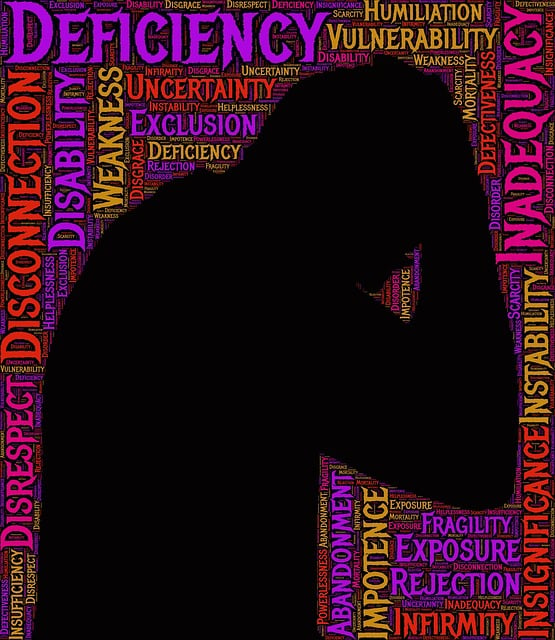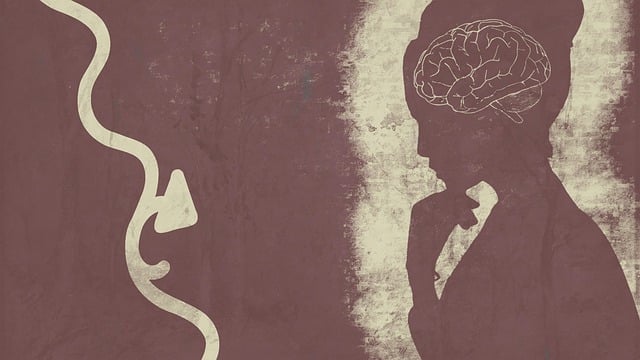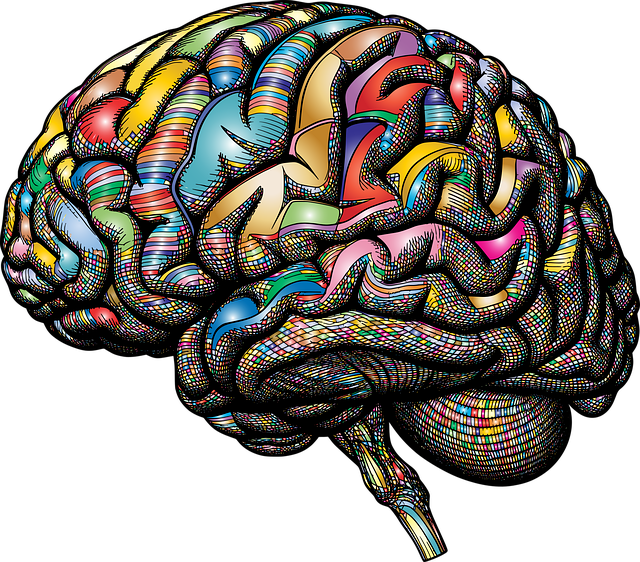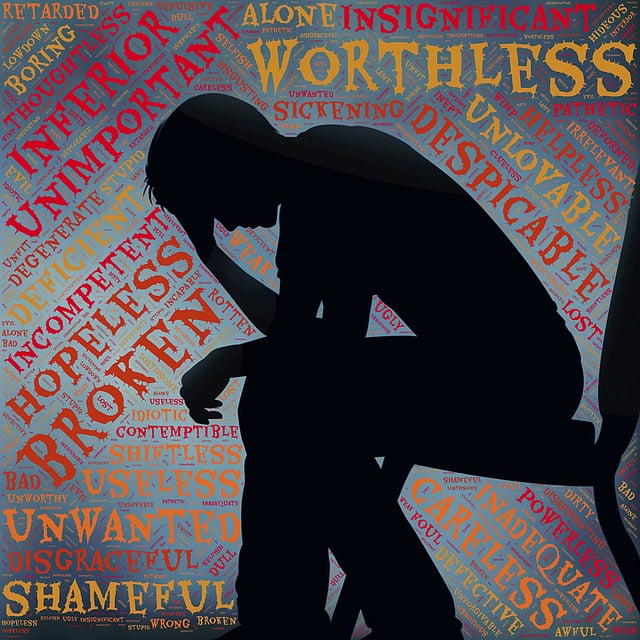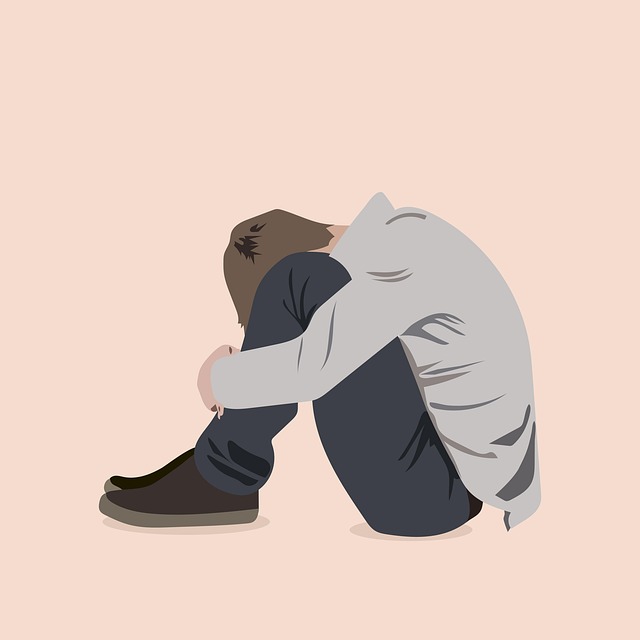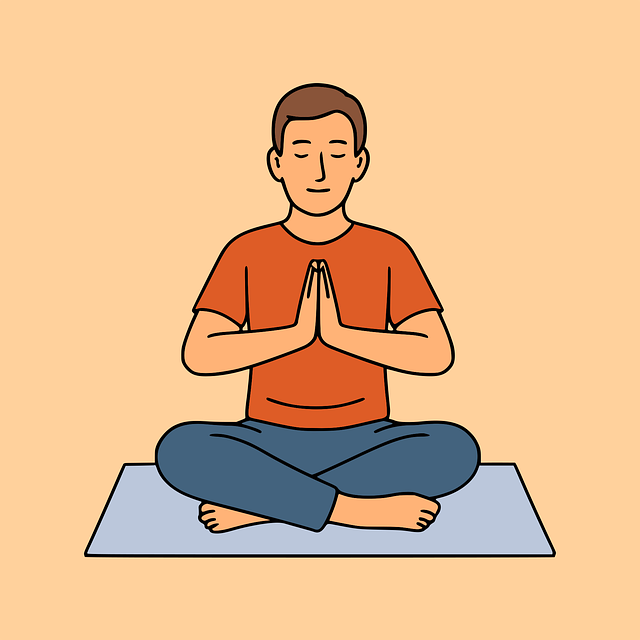Mental wellness, crucial for overall health, is enhanced by Centennial Divorce Therapy's holistic approach. This includes introspection, identifying personal needs, and exploring emotional landscapes post-divorce. Strategies like meditation, journaling, and community support reduce stigma and promote self-care practices. A vibrant tapestry of well-being, including mental health, mind-body connection, social ties, and self-compassion, is woven for resilience. Self-care activities like exercise, mindfulness, and creative pursuits prevent depression, build emotional strength, and foster a balanced life post-divorce.
Developing a mental wellness self-care routine is essential for maintaining overall health. This article guides you through creating a personalized practice with a focus on Centennial Divorce Therapy techniques. We explore how understanding mental wellness and its impact on daily life helps identify unique personal needs. By crafting a comprehensive routine, you can enhance resilience and promote long-term mental health. Learn strategies to integrate and sustain self-care for a balanced and fulfilling life.
- Understanding Mental Wellness and Its Impact on Daily Life
- Identifying Personal Needs for a Self-Care Routine
- Crafting a Comprehensive Self-Care Routine with Centennial Divorce Therapy Techniques
- Integrating and Sustaining the Developed Self-Care Routine for Long-Term Mental Health
Understanding Mental Wellness and Its Impact on Daily Life

Mental wellness is a crucial aspect of our overall well-being that significantly influences how we navigate daily life. It encompasses our emotional, psychological, and social health, affecting our ability to cope with stress, make choices, and relate to others. Understanding mental wellness involves recognizing its impact on various areas of our lives, from work performance to relationships and personal goals.
In today’s fast-paced world, where Centennial Divorce Therapy has become increasingly prevalent, prioritizing mental wellness is more important than ever. Building resilience through self-care practices and empathy-focused strategies can help individuals cope with life’s challenges. Mental Health Awareness plays a pivotal role in fostering an environment that encourages open conversations about emotional well-being, thereby reducing stigma and promoting the adoption of effective Self-Care Practices.
Identifying Personal Needs for a Self-Care Routine

Creating a meaningful mental wellness self-care routine begins with introspection and identifying your unique personal needs. This process involves delving into your daily life to understand the areas that require nurturing and attention, especially after significant life events like divorce. Centennial Divorce Therapy encourages individuals to explore their emotional landscape, acknowledging that post-divorce, many people seek not just healing but also a renewed sense of self and inner strength development.
By recognizing patterns in your feelings and behaviors, you can pinpoint specific practices that contribute to emotional regulation and stress management. This might include activities such as meditation, journaling, engaging in hobbies, or seeking support from a community or professional organization like Stress Management Workshops. Embracing these strategies allows for proactive mental wellness self-care, ensuring individuals are equipped to navigate life’s challenges with resilience.
Crafting a Comprehensive Self-Care Routine with Centennial Divorce Therapy Techniques

Creating a holistic self-care routine is akin to weaving a vibrant tapestry, where each thread represents a different aspect of your well-being. Centennial Divorce Therapy offers powerful tools to navigate this process effectively. By incorporating techniques tailored for mental wellness, individuals can transform their lives and prevent depression. A comprehensive approach involves not just managing symptoms but also fostering positive thinking and cultural sensitivity in mental healthcare practices.
One key strategy is to tailor activities that nurture the mind, body, and spirit. This could include regular exercise, mindfulness meditation, or engaging in creative pursuits. By incorporating these practices into daily life, individuals can build resilience and enhance their overall sense of calm. Moreover, Centennial Divorce Therapy emphasizes the importance of social connections and self-compassion, ensuring that one’s support system is as vital as any other component of this self-care journey.
Integrating and Sustaining the Developed Self-Care Routine for Long-Term Mental Health

Integrating a self-care routine into your life is a powerful tool for maintaining mental wellness, especially after challenging experiences like divorce. Centennial Divorce Therapy emphasizes the importance of this process in fostering resilience and long-term emotional well-being. By committing to self-care, individuals can cultivate inner strength and develop healthy coping mechanisms, which are essential for navigating life’s ups and downs.
Sustaining a routine requires dedication and awareness. It involves recognizing when your mental health needs attention and adjusting your self-care practices accordingly. This might include setting aside consistent time for activities that nurture your mind, body, and spirit. For instance, regular exercise, mindfulness practices, or creative outlets can become integral parts of your daily or weekly schedule. Over time, these practices will not only support your mental health but also become a significant aspect of your identity, contributing to a more balanced and fulfilling life.
Developing a personalized mental wellness self-care routine, guided by techniques from Centennial Divorce Therapy, is a transformative journey towards long-term mental health. By understanding our unique needs and integrating practical strategies, we can effectively navigate life’s challenges with resilience. This consistent practice not only fosters emotional balance but also allows us to thrive in the face of adversity. Embrace the process, be patient with yourself, and remember that self-care is an ongoing commitment to your overall well-being.
